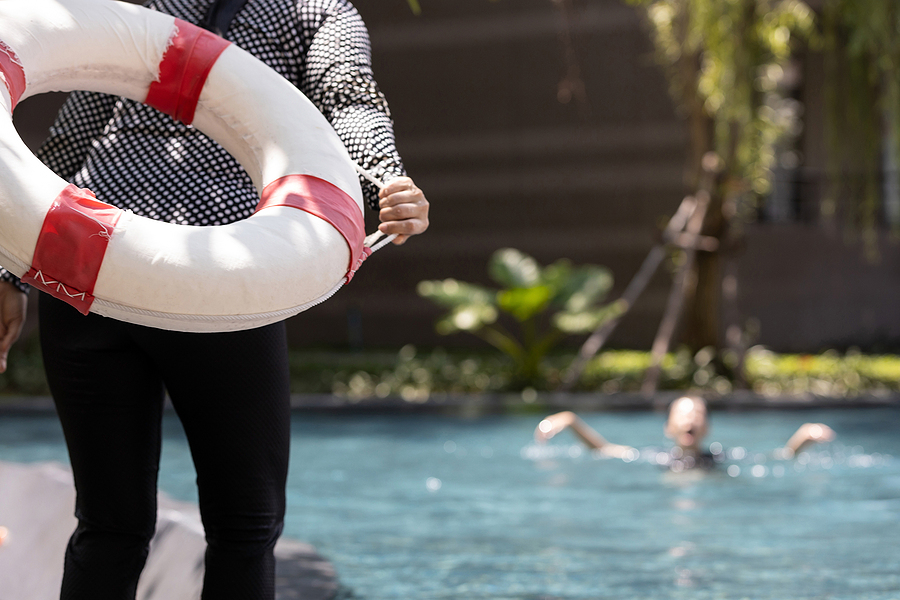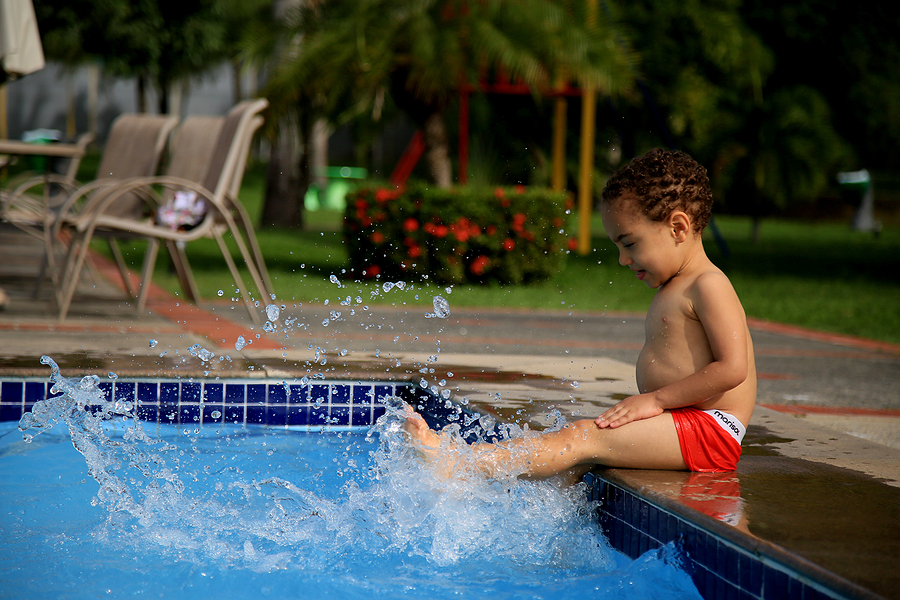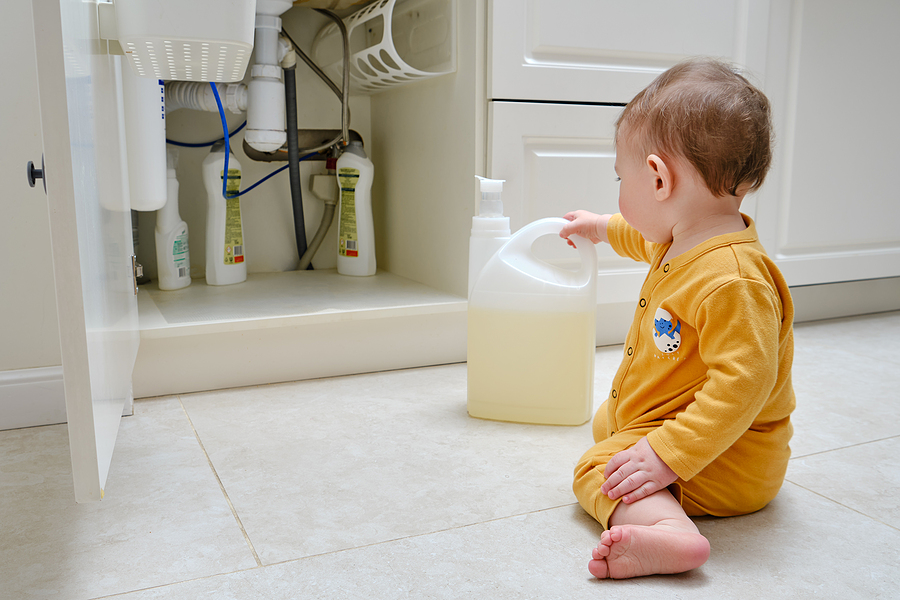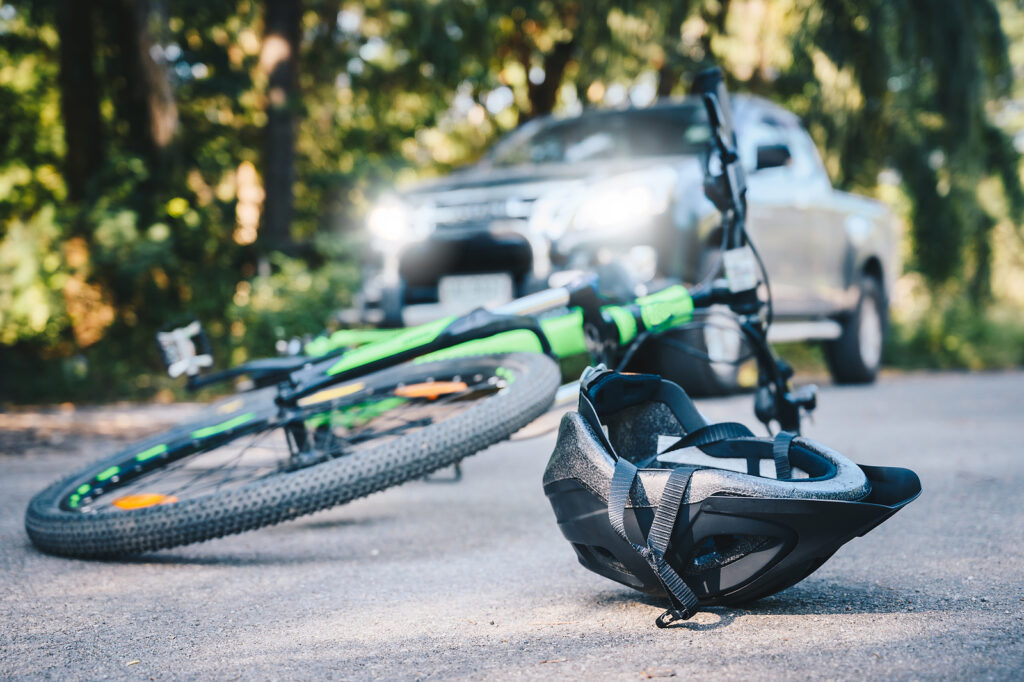As the festive cheer of Christmas continues to fill the air, and excitement over the gifting of new toys bubbles among children, it’s crucial to remember the importance of toy safety. Allowing the right toys is not just about what’s trending or popular; it’s about ensuring our children’s safety while they indulge in their playful fantasies. Every year, numerous child injuries are reported due to hazardous toys, turning a season of joy into a time of worry for many parents.
This blog post will help shed light on Christmas toy safety, providing expert tips to avoid child injuries and ensure your little ones enjoy their new playthings without any unwanted incidents. Let’s make this festive season not just joyous, but safe as well.

The Risk of Child Injuries and Hazardous Toys
According to the U.S. Consumer Product Safety Commission (CPSC), an estimated 209,500 toy-related injuries were reported in emergency departments across the country in 2022 alone. This alarming number highlights the risk that children face when playing with toys, especially during the holiday season when they are exposed to a higher volume of new toys. The CPSC also reported that more than 76% of these injuries were sustained by children under the age of 14, 69% were sustained by children under the age of 12 years, and 38% were sustained by children under 4 years old. These statistics show how crucial it is to take extra precautions and ensure Christmas toy safety for our little ones.
Tips to Ensure Christmas Toy Safety
Always check for age-appropriate toys. The recommended age range is not just a suggestion, but it’s crucial to consider when purchasing toys. Toys designed for older children may have small parts that can be a choking hazard for younger ones.
Take note of warning labels. All toys should come with clear and visible warning labels about potential hazards or age restrictions. Make sure to read these warnings and follow them accordingly.
Avoid toys with sharp edges or points. These can cause cuts and puncture wounds, especially for younger children who may not have the motor skills to handle them safely.
Inspect toys for small parts. Small parts, such as button batteries or magnets, can be extremely dangerous if swallowed by a child. Make sure to check for any loose or easily detachable parts on toys and remove them if necessary.
Choose well-made, sturdy toys. Poorly made toys with loose or weak parts can break easily and pose a risk of injury to children. Opt for well-made, durable toys that can withstand rough play.
Stay away from toxic materials. Make sure to check the materials used in making the toy and avoid any that contain toxic substances such as lead or phthalates, which can be harmful if ingested.
Supervise playtime for younger kids. While we may not always be able to keep an eye on our children every minute, it’s essential to supervise their playtime and make sure they are using their toys safely. This also includes ensuring younger siblings do not have access to smaller toys that can be choking hazards.
Stay up-to-date on toy recalls. Keep track of any toy recalls, and make sure to remove the recalled toys from your home immediately. You can sign up for email alerts from the CPSC to stay informed about any potential hazards.
Spread the Word about Christmas Toy Safety
Ensuring Christmas toy safety is not just a responsibility for parents but for the community as a whole and most definitely the toy manufacturers and distributors. We can all play a part in spreading awareness and promoting safe play during the holiday season. Share these tips with your friends and family, and make sure to check in with them about their toy choices for their children. Together, we can make this Christmas not just merry but also less dangerous for our little ones.
What to Do if a Defective Toy Injured Your Child
In the unfortunate event that a defective toy has caused an injury to your child, it’s crucial to seek help from a child injury lawyer. These specialized attorneys have experience handling cases related to hazardous toys and can guide you through the legal process of seeking compensation for any damages or injuries sustained. They can also hold manufacturers, distributors and/or retailers accountable for producing unsafe toys and prevent similar incidents from happening in the future.
Bottom Line
As we conclude celebrating the season of giving and joy, let’s not forget about Christmas and Hanukkah toy safety. By following these tips and staying informed about potential hazards, we can ensure our children have a happy and safe holiday season. Spread the word and make this a community effort to protect our little ones from unnecessary injuries. After all, there is nothing more precious than their well-being.
Has a defective product or children’s toy caused your child serious injuries and losses? You need an aggressive civil litigation team that fights for kids’ rights. Choose the Law Firm of Craven, Hoover, and Blazek P.C. for expert legal representation for child injury and defective product claims in Indianapolis, Indiana. Contact us at 317-881-2700 to schedule a free initial consultation. We represent injured victims throughout Indiana, including Indiana residents injured in other states.
Related Posts:
These Children’s Toys Made the Most Dangerous List for 2021
These are Suggested to Be the Most Dangerous Children’s Toys of 2020
What to Do if Your Child Was Injured Because Another Adult Was Negligent









